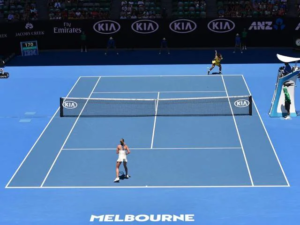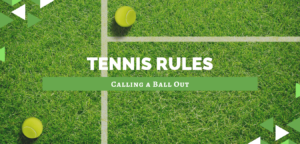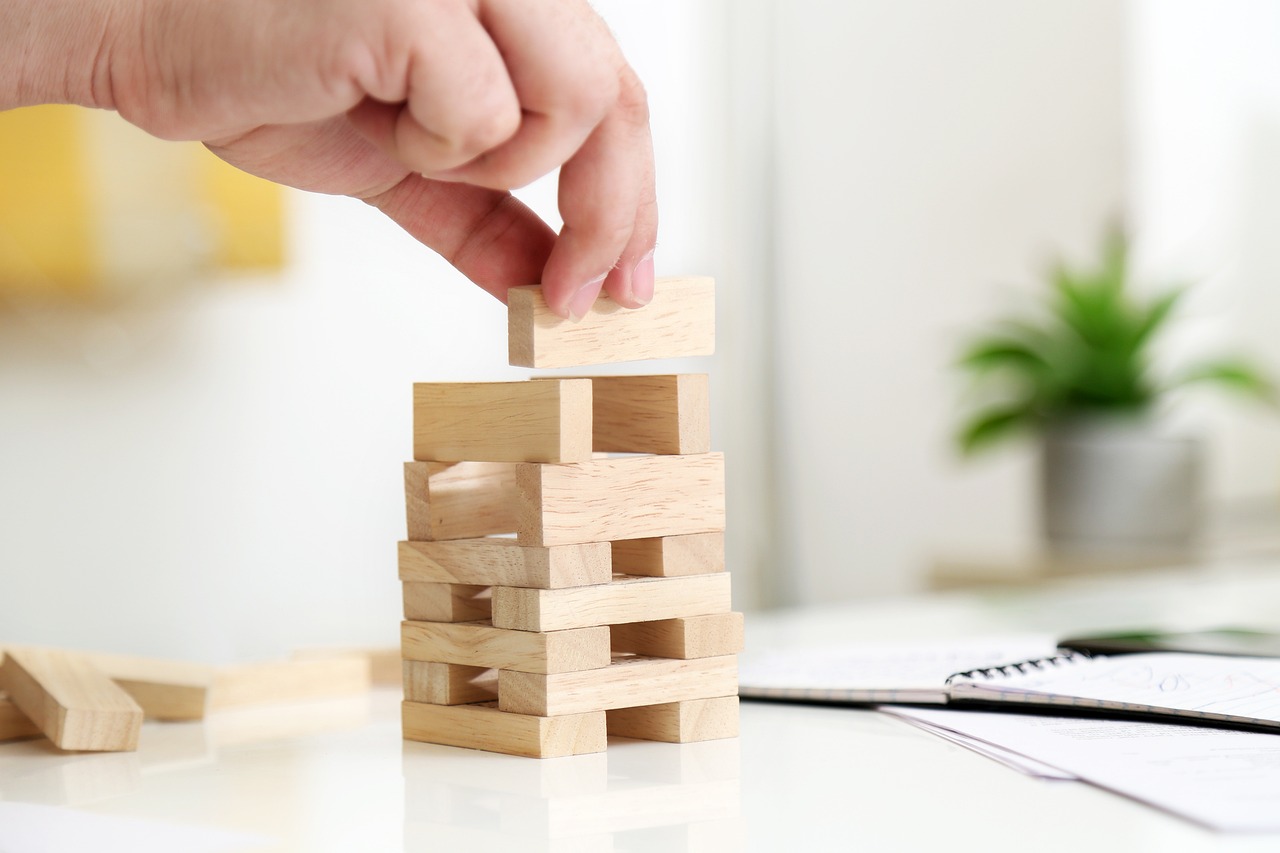Tennis is a popular sport around the world, known for its mix of strategy, skill, and physical ability. It has grown from its early days to become a big part of international sports today. Along with being physically demanding, tennis is also known for its strong sense of etiquette.
This etiquette, which isn’t always written down, is a key part of tennis. It sets tennis apart as a sport that cares about respect, good behavior, and playing fair. These unwritten rules, which go hand in hand with the official rules, help keep the sport honest and friendly. They cover things like being respectful to other players and referees and behaving well whether you win or lose.
Understanding and adhering to these silent guidelines is as crucial as mastering the physical aspects of tennis, like hitting and serving. This unique blend of skill and character elevates tennis beyond a mere physical contest; it becomes a reflection of one’s conduct and values. For enthusiasts looking to engage with tennis beyond the court, 1xbet offers the best tennis betting experience in India, adding an extra layer of excitement to the game.
Pre-Game Etiquette
Before a tennis match, it’s important to get ready in a way that shows respect and makes the game enjoyable for everyone. First, players should wear the right clothes for tennis, like:
- tennis shorts
- or skirts,
- and shirts with collars.
These outfits should be comfy and respect the sport’s traditions.
Being on time is just as important. It shows that you respect the other player and the game’s schedule, so the match can start on time without waiting. Players should bring their own gear, like good racquets and enough tennis balls.
Warming up before the game is also key. It gets your body ready for the game and lets you get used to the court and your opponent. This helps make the game competitive but still friendly. In short, getting ready properly for a tennis game is about showing respect for the sport, your opponent, and the game’s traditions, creating a good and professional mood for the match.
Court Courtesy
Being polite on the tennis court is really important. It’s all about being respectful to other players and taking care of the space where everyone plays. This means making sure you don’t get in the way of someone else’s game and keeping noise down. Loud talking, sudden yelling, or hitting your racket too much can bother others, so it’s best to avoid these.
If a ball from another game comes onto your court, it’s good to pick it up quickly and safely. This helps keep the game smooth and stops anyone from getting hurt. When you’re playing at a public court, remember to share the space nicely with others. Stick to your playing time so you don’t hold up the next players, and always be ready to start playing on time.
In short, being courteous on the court means making sure everyone has a good time playing tennis, which is just as important as being good at the game.
During the Match
During a tennis match, adherence to unwritten etiquette rules is as crucial as observing the official rules of the game. Serving etiquette demands a respectful approach, ensuring that the receiver is ready before initiating the serve. Players are responsible for calling balls “in” or “out” on their side of the court, a task that should be carried out with honesty and integrity.

In cases of disputes or close calls, maintaining composure and sportsmanship is vital; resorting to aggressive confrontations is highly discouraged. Furthermore, managing emotions and temper is a key aspect of match etiquette. Players are expected to control their frustration and avoid outbursts that can disrupt the game’s flow or intimidate opponents.
Good sportsmanship also extends to acknowledging excellent shots and points made by the opponent, fostering a spirit of respect and camaraderie. Ultimately, these unwritten rules enhance the tennis experience, ensuring that the game remains competitive yet enjoyable and fair for all participants.
Serving Etiquette
Serving etiquette in tennis is a crucial aspect of the game that reflects sportsmanship and respect for the opponent. It begins with the server ensuring that their opponent is ready before initiating the serve. This involves making eye contact or a small gesture to acknowledge readiness.
Deliberately rushing or delaying the serve to gain an advantage is frowned upon. During service, if a serve inadvertently hits the net and falls into the correct service box (a let), the server must replay the serve without expressing frustration or undue celebration. It’s also considered good manners to apologize if a serve clips the net and lands in, as this can be seen as an element of luck rather than skill.
Additionally, in friendly or non-professional matches, if a server is unsure whether their serve was in or out, offering a replay of the point is a gesture of good sportsmanship. By adhering to these unspoken rules, players contribute to a fair and enjoyable tennis experience for both participants.
Calling balls in or out

In tennis, calling balls in or out is a crucial aspect of the game, particularly in matches without line judges or when playing casually. This responsibility falls primarily on the player on whose side the ball lands. It’s vital to make these calls promptly and honestly, as integrity is a cornerstone of tennis etiquette.
When there’s doubt, the benefit should always go to the opponent, meaning the ball is considered ‘in’. This approach not only upholds the spirit of fairness but also fosters a respectful and friendly atmosphere. However, in competitive play, players must be assertive in their calls to avoid disputes.
Clear communication, such as loudly calling “out” when a ball lands beyond the boundary, is essential. It’s also important to remember that once a call is made, it cannot be reversed. This rule underscores the importance of attentiveness and fair judgment in every shot, maintaining the integrity and sportsmanship of the game.
Handling disputes and close calls

Handling disputes and close calls in tennis is a delicate aspect of the game that tests both players’ integrity and sportsmanship. Given the fast-paced nature of tennis, close calls on line shots are inevitable, and disagreements can arise. In such situations, maintaining composure and adhering to the principles of fair play is crucial.
Players should respectfully communicate their perspective, but also be willing to consider the opponent’s view. In amateur matches, where line judges are not present, the responsibility of making fair calls falls on the players themselves. It’s generally accepted that a player gives their opponent the benefit of the doubt. Especially when viewing the ball’s position from a distance. In cases where disagreements persist, players may opt to replay the point as a gesture of good sportsmanship.
This approach not only preserves the integrity of the game but also ensures that the competitive spirit remains healthy and respectful. Ultimately, handling disputes with grace and fairness reflects the true spirit of the sport. Emphasizing respect for the opponent and the game above the desire to win at all costs.
Conclusion
In conclusion, the essence of our exploration into the multifaceted world of Tennis has been a journey of discovery, insight, and enlightenment. From the in-depth analysis of key concepts to the practical advice we’ve shared. Our aim has always been to provide you with comprehensive knowledge and actionable strategies. As we wrap up, it’s important to remember that the journey doesn’t end here. The field of Tennis ever-evolving, and staying informed and adaptable is key to continued success and understanding.



